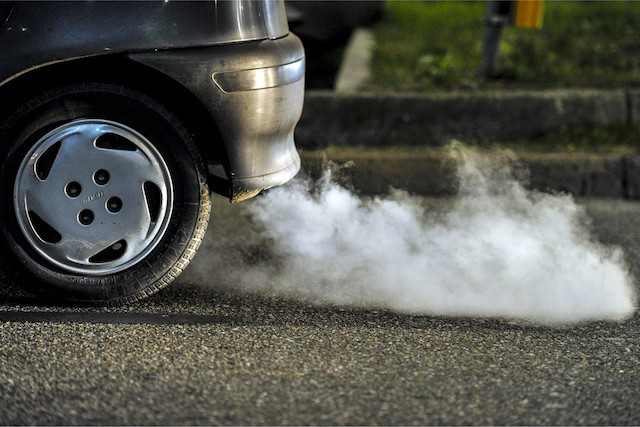The government plans on levying the tax from next year, which will increase the price of diesel and petrol by about 5 cents per litre. The tax will increase to €25 per tonne of carbon emissions in 2022 and €30 in 2023.
The extra revenue generated will be between €200mn and €300mn by 2024, but this amount will be offset by lower sales, State said in its report to members of parliament. With the measure aimed at disincentivising combustion engine transport, Statec expects a loss of revenue of at least €200mn by 2024, not only because of less fuel sold but also other products--such as cigarettes--staying on service station shelves.
The statistics office would not comment whether the measure would help achieve the goal of Luxembourg halving its emissions by 2030. Finance minister Pierre Gramegna during his presentation of the budget had said that the measure wasn’t aimed at generating a new revenue stream for the state.
This might be needed, however, as Statec also said the state could lose out on around €2bn in revenue if the pandemic crisis worsens. Already, the government’s budget will be running a deficit next year, at €21.8bn in spending compared to €19.3bn expected in income.
Luxembourg has so far not announced a second lockdown but will be introducing a curfew from 11pm to 6am, which will limit opening hours for restaurants that were previously allowed to remain open until midnight.
Yet Statec maintains that economic growth next year will be around 7%, above the contraction the economy is experiencing because of the pandemic in 2020, which the body now estimates at below 5%, down from a previous estimate of 6%.
